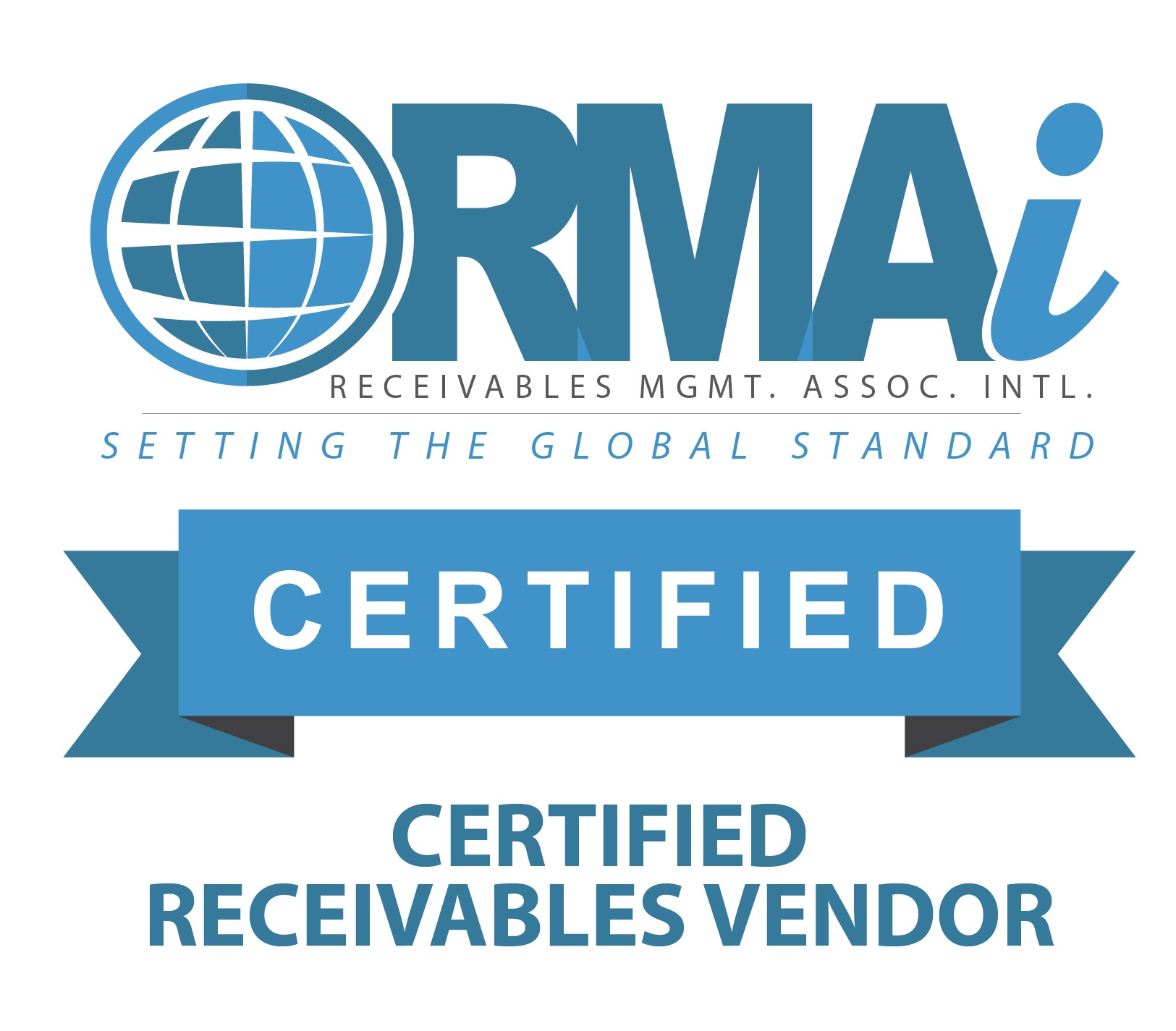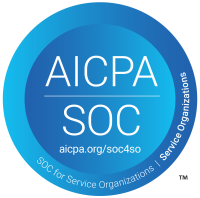View Sale Announcement Detail


Archived news
EXCERPT: Many community banks have issued warnings about possible problem loans, which should prompt banks to get in front of potential problem assets while they still can.
 Some banks have seen a rise in suspect loan assets over the third quarter.
Some banks have seen a rise in suspect loan assets over the third quarter.
Many community banks have voiced possible areas of concern about the potential for problem loans in Q3 2019, according to a recent article published in American Banker.
More banks will likely follow suit over the coming months to show regulators that they are taking an active approach to deal with credit issues. And several have robust warning systems in place that allow them to take quick action to deal with any issues efficiently.
Among the banks that have issued warnings about suspect loans include Washington state-based Banner Corp., Maryland-based Eagle Bancorp, and Tennessee-based Franklin Financial, all of which claimed an increase in their "watch-list" over recent months.
The banks are confident that overall credit quality is still stable, but such warnings also show that anything can happen at any given time.
Identifying Problem Loans Lets Banks Take a More Proactive Approach
Bankers use several terms to identify loans that could eventually become problem assets. More specifically, sub-par loans are characterized as those with credits that are not sufficiently protected by the borrower's net worth, paying capability, or collateral. Doubtful loans are considered those that are characterized as having questionable collection or liquidation, while special mention loans may be showing cracks that warrant closer speculation.
Loans that are considered potentially flawed and weak may still be paid as the contracts require, but borrower performance may not be satisfactory according to management expectations as a result of pressure on balance sheets. Any noted increases in classified assets should prompt banks to take a more proactive, cautious position with continued evaluations of potentially suspect loan assets in their loan portfolios.
 Banks are encouraged to revisit their loan portfolios and get in front of potential problems before they become damaging to their bottom line.
Banks are encouraged to revisit their loan portfolios and get in front of potential problems before they become damaging to their bottom line.
Many different sectors have been a cause for concern for community banks in terms of loan losses, including health care, retail, energy, and agriculture. That said, banks believe that issues in these particular sectors represent more isolated problems that are not necessarily associated with overall trouble in the industry.
Further, potential cracks in credit are still being closely watched for, as an increase in such issues could be indicative of a possible recession. And if loan losses continue and start to mount, an inevitable trend may emerge, which would be cause for serious concern.
Is a Trend For Credit Issues and Weaker Loans an Emerging Trend?
Right now, things are still rather positive, but there are some signs of a softening economy, which should encourage banks to take a more proactive stance.
Eagle Bancorp, for instance, is taking a cautious approach with both health care and restaurant lending and is starting to be a lot more particular in its loan choices in issuing new loans. Eagle is one of the several banks that is seeing a concerning increase in watch and special mention loans over the third quarter this year.
Meanwhile, Banner Corp. saw a 40 percent jump in substandard loan balances in Q3 from Q2, marking the first time since early last year that the bank saw such loans reach the $100 million mark. The bank's net loan charge-offs more than doubled as well. The spike was caused largely due to an increase in substandard business loans.
Being Proactive With Loan Portfolios is Key
Banks are reminded to closely examine their loan portfolios and determine which assets should stay, and which ones should go. To accomplish this, certain assets should be sold off to make room for more robust ones. Getting in front of potential problem assets can be done by selling sub-par assets early in the process. Luckily, there is a healthy and high-priced market for non-performing bank assets. And Garnet Capital can help with the sale of poor assets and the acquisition of stronger ones.
Sign up for our newsletter today.







